Neue Versionen der 7er-, 8er- und 9er-Reihe des Anwendungsservers Apache Tomcat bringen unter anderem zwei dringliche Security-Fixes mit.
Die Apache Software Foundation hat Updates für mehrere Versionen des Open-Source-Webservers und Webcontainers Apache Tomcat veröffentlicht. Laut einem Sicherheitshinweis des US-CERT schließen sie unter anderem zwei Lücken, deren Schweregrad die Apache-Entwickler als "Important" einstufen.
Learn more / En savoir plus / Mehr erfahren:
https://www.scoop.it/t/securite-pc-et-internet/?&tag=Tomcat



 Your new post is loading...
Your new post is loading...





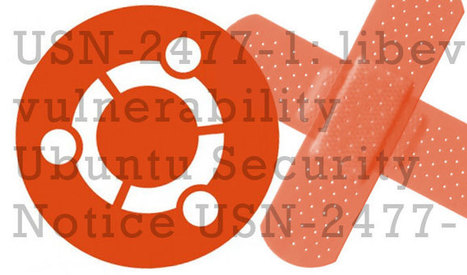
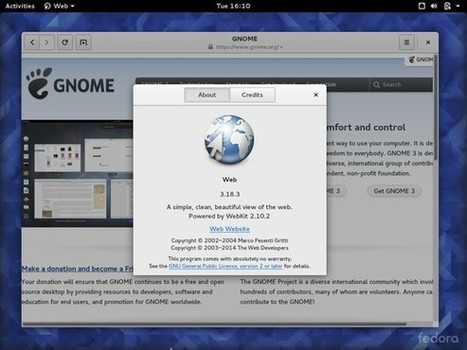
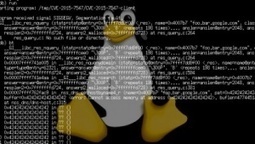
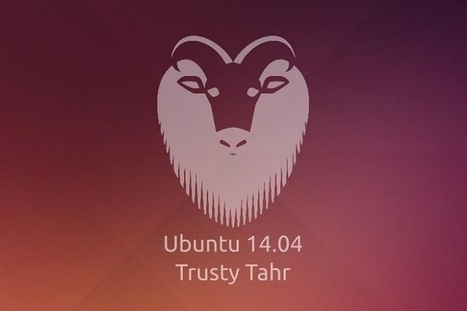
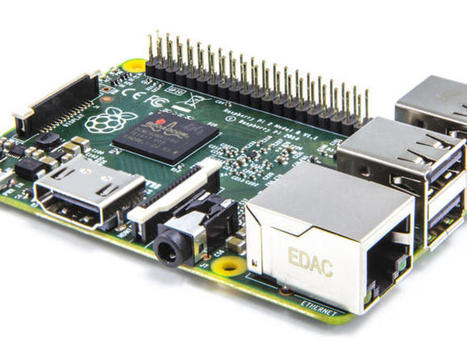








Neue Versionen der 7er-, 8er- und 9er-Reihe des Anwendungsservers Apache Tomcat bringen unter anderem zwei dringliche Security-Fixes mit.
Die Apache Software Foundation hat Updates für mehrere Versionen des Open-Source-Webservers und Webcontainers Apache Tomcat veröffentlicht. Laut einem Sicherheitshinweis des US-CERT schließen sie unter anderem zwei Lücken, deren Schweregrad die Apache-Entwickler als "Important" einstufen.
Learn more / En savoir plus / Mehr erfahren:
https://www.scoop.it/t/securite-pc-et-internet/?&tag=Tomcat